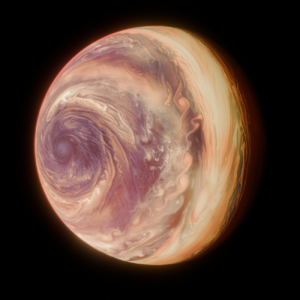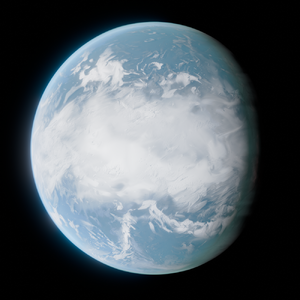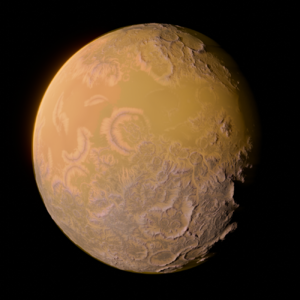Astronomy: Difference between revisions
No edit summary |
No edit summary |
||
| Line 17: | Line 17: | ||
|} | |} | ||
{| class=" | {| class=wikitable style="margin-left: auto; margin-right: auto; width:50%; text-align:center;" | ||
! Attribute !! Tyr | ! Attribute !! Tyr | ||
|- | |- | ||
Revision as of 03:31, 22 August 2023
Constellations of the Gothan Night Sky
The vast expanse of the night sky has long captivated the human imagination. From the primitive civilizations of yore to today's advanced societies, one consistent practice stands out – the grouping of stars into recognizable patterns, known as constellations. However, this practice isn't merely about observing the sky. The significance of constellations lies in their rich history and their reflection of human culture, beliefs, and myths.
Origins in Antiquity
The partitioning of the starry expanse into specific regions, each marked by a set of stars, is a practice that dates back to ancient times. The origin of both the patterns and names attributed to these constellations is believed to lie in the systems prevalent among primitive civilizations. The ways in which stars were grouped and named provides valuable insights into the meteorological, religious, and mythological beliefs of these early societies.
From Constellations to Asterisms
While the larger star patterns are referred to as constellations, there exists a subset known as asterisms. These are smaller groups of stars that are part of larger constellations. Just like constellations, asterisms, as well as individual stars, have been given names throughout history. Often, these names echo meteorological phenomena or encapsulate the religious and mythological beliefs of the societies that named them.
Alirian Inner System
|
|---|
| Attribute | Tyr |
|---|---|
| Class | Brown Dwarf |
| Mass (Earth masses) | 17776.00 |
| Radius (km) | 56473.00 |
| Rotation Period (hours) | 90.20 |
| Ocean Data | N/A |
| Orbital Data (Period) | 36.1 years |
| Semi-major Axis (AU) | 11.10 |
| Eccentricity | 0.35 |
| Axial tilt | 0.00 |
| Inclination (°) | 0.00 |
| Max temperature | 727.00 |
| Average Temperature | 727.00 |
| Min Temperature | 727.00 |


